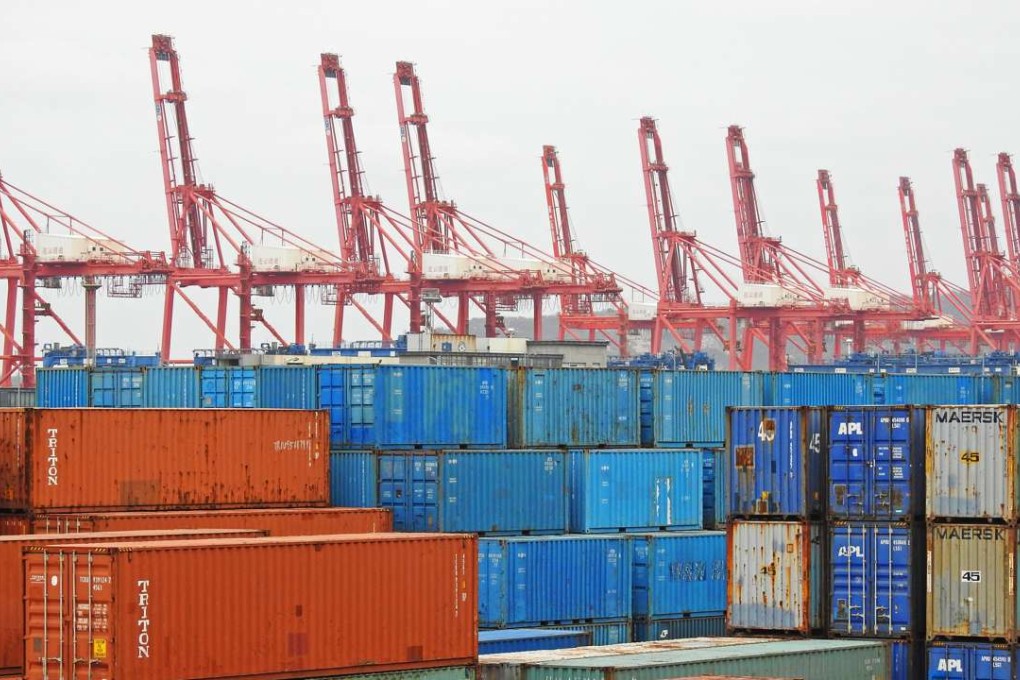Trump cards: how will next US president play his hand against China?
South China Sea, cybersecurity and trade likely to be among key pressure points

US president-elect Donald Trump has said he could use the one-China policy as a bargaining chip in talks with China about trade, among other things. But there are other areas he could prod when seeking concessions from Beijing. Here are the main ones:
The South China Sea
The most recent Sino-US confrontation in the South China Sea saw a Chinese navy warship seize an underwater drone deployed by the American oceanographic survey vessel USNS Bowditch in international waters northwest of Subic Bay in the Philippines on December 15. Trump accused China of “stealing” the drone, but Beijing insisted it was acting legitimately. The saga ended five days later, when Beijing returned the drone. But the temporary calm in the South China Sea may be shaken up when Trump takes office this month.
Professor Shi Yinhong, an international relations specialist at Renmin University in Beijing, said the two countries had conflicting motives in the region. While Washington’s core interest was to maintain its worldwide maritime hegemony, China needed a strategic space in the South China Sea, Shi said, adding “the competition has just begun”.

“But it will not become the location of a decisive, strategic battle, at least in the next two of three years,” he said, and there was some flexibility to work with.
Trump will have plenty of tools to put pressure on China to be “flexible”. Senator Marco Rubio, one of Trump’s defeated rivals for the Republican Party’s presidential nomination, has called for sanctions to be imposed on individuals and entities that aid China’s construction of artificial islands and other facilities in the South China and East China seas.
An increase in US “freedom of navigation” operations is a near certainty. In four previous operations, US warships sailed within 12 nautical miles of Chinese artificial islands in the Spratlys and challenged the territorial sea baselines China claims around the Paracels.